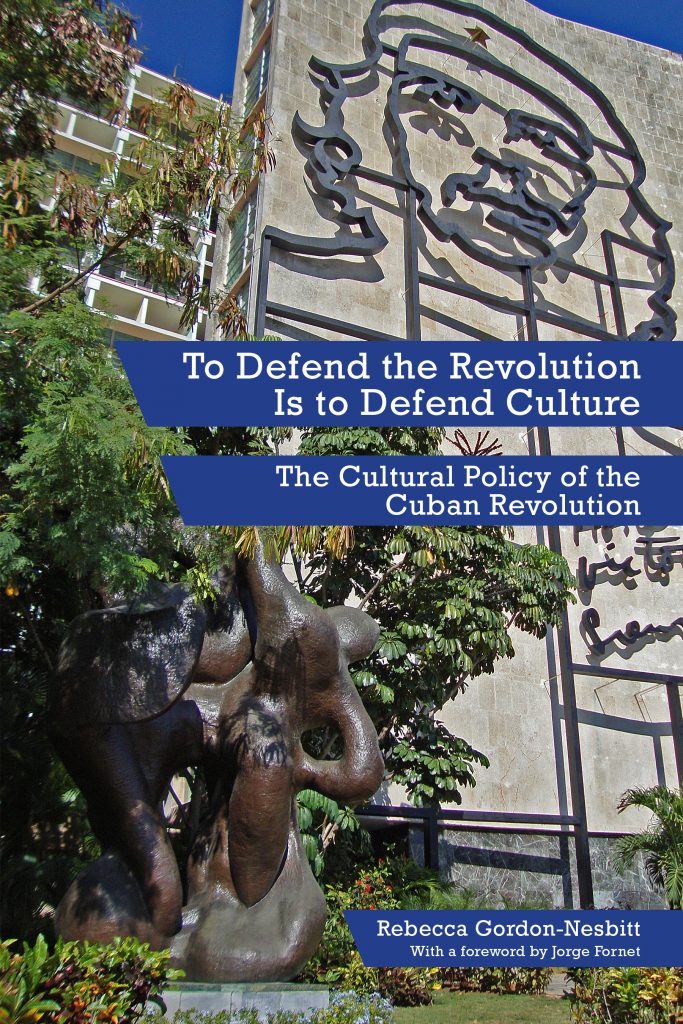
Rebecca Gordon-Nesbitt has been engaging with the internal dynamics of the cultural field for two decades. In 1995, she wrote a history of the artist-run Transmission Gallery in Glasgow and extended this into a comparative study of artistic self-organisation to accompany the first major survey of the UK cultural scene, held at the Musée d’art Moderne de la Ville de Paris. In 1998, she cofounded salon3, a polyvalent arts organisation, in London. Two years later, she took up a post as a curator at the Nordic Institute for Contemporary Art in Helsinki, with a responsibility for stimulating art exhibitions, publications and events throughout the Nordic region and, latterly, the UK and Ireland. As the cultural field succumbed to the neoliberal consensus, she dedicated herself to exploring the politico-economic conditions underwriting artistic practice.
Increasingly deploying an investigative approach, Rebecca has scrutinised the devolution of cultural provision from local government to the private sector. As Researcher-in-Residence at the Centre for Contemporary Art Derry~Londonderry, she interrogated claims of culture-led regeneration being made in relation to the first incarnation of UK City of Culture. As Research Associate at Arts for Health, Manchester Metropolitan University, she compiled an international evidence base around the longitudinal relationship between arts engagement and health, which tentatively demonstrated a positive association between attending arts events and longer lives better lived. Her writing has been extensively published in anthologies, monographs, catalogues and journals, a selection of which is available online.
Rebecca began her journey to Cuba in 2008, in search of new ways of thinking about culture. The following year, she spent five months gathering material in the libraries and archives of Havana. Entering the final editing stages of To Defend the Revolution Is to Defend Culture, she set up the Centre for Cultural Change (cambiarcultura.org), an umbrella organisation that enables critical and creative researchers to explore alternatives to the current socio-cultural malaise.
To Defend the Revolution Is to Defend Culture: The Cultural Policy of the Cuban Revolution
SKU: 9781629631042
Author: Rebecca Gordon-Nesbitt • Foreword by Jorge Fornet
Publisher: PM Press
ISBN: 9781629631042
Published: 9/2015
Format: Paperback
Size: 6 x 9
Page count: 448
Subjects: History-Cuba/Art
Praise
“For all the obvious reasons, there is very little useful scholarship
on the achievements of socialism past, present and to come; this
valuable study of emergent cultural structures in the Cuban Revolution
fills a real gap and reminds us of one of that revolution’s many (and
mostly ignored) successes. Cuba is still in existence; maybe it actually
has some lessons for us, in our current social distress.”
—Fredric Jameson, author of Postmodernism: The Cultural Logic of Late Capitalism
“Che Guevara believed that art was the highest form of revolution.
And Fidel Castro, searching for the appropriate rank to confer upon
Guevara at the public wake following his death, called him Artist. To Defend the Revolution Is to Defend Culture,
by Rebecca Gordon-Nesbitt, is a brilliant and comprehensive study of
the Cuban Revolution’s struggle to counteract neoliberalism’s
commodity-oriented degradation of culture with a strategy that
recognizes art as an integral part of life, honors the creative mind,
and has promoted an ongoing conversation between artist and public that
has moved far beyond the borders of the small Caribbean island. It is a
struggle that has had its extraordinary highs and painful lows, and
Gordon-Nesbitt documents its complex history. This is a must read for
everyone interested in Cuba, art, and culture. And it is long overdue.”
—Margaret Randall, author of Che on My Mind
“Rebecca Gordon-Nesbitt has written a tremendous book, one that
allows us to imagine what culture might look like in a free society—a
society where art and culture are not dictated by a market, and can be
developed and expressed freely—limited only by the imagination. This
opening of the imagination as to what is possible is achieved through a
detailed cultural and political description of the early years of the
Cuban Revolution. Gordon-Nesbitt finds a wonderful balance between
expressing the unencumbered prioritization of cultural expression in
Cuba and the various challenges that this process faced.”
—Marina Sitrin, author of They Can’t Represent Us! Reinventing Democracy from Greece to Occupy
“Although there exist academic studies of Cuban art since the
Revolution, there has been little examination of the policy underlying
this practice. As such, this book is of inestimable value not only to
those Cubans and exiled Cubans interested in the policies that have
shaped the representation of their cultural identity, and to students of
Cuban culture more generally, but also to cultural policymakers in
Europe, North America, Africa, Asia, and Latin America.”
—Ross Birrell, filmmaker of Guantanamera and founding editor of Art & Research, Glasgow School of Art
“This book will delight some readers and provoke others. But whatever
your take on socialist cultural policy, this broadly affirmative
account of Cuban experiences makes fascinating reading. Rebecca
Gordon-Nesbitt’s meticulously researched study makes a substantive
contribution to our understanding of the historical development of
cultural policy under different political and economic regimes”
—Oliver Bennett, editor of the International Journal of Cultural Policy
Book Events
april, 2025
No Events
Reviews
- To Defend the Revolution Is to Defend Culture: A Review
- To Defend the Revolution Is to Defend Culture: A Publishers Weekly Review
- To Defend the Revolution Is to Defend Culture: A Review
- To Defend the Revolution Is to Defend Culture: A Review

